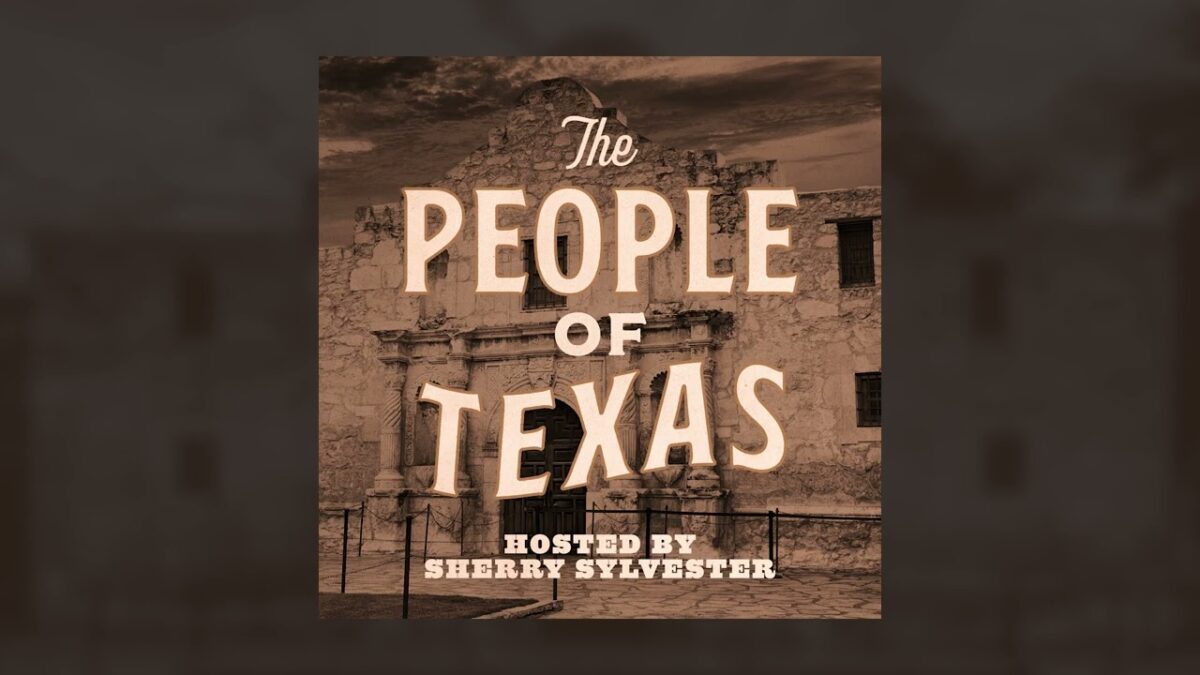In virtually every news report of parents demanding that public school librarians do their job and remove inappropriate or pornographic materials from school libraries, the book Gender Queer: A Memoir by Maia Kobabe is at the top of the objectionable titles list. So many librarians and school board members are defending the book that I figured I should read it. Since the Texas Education Association just released guidelines for library acquisitions that include parental monitoring, every Texas parent should probably read it too.
Gender Queer is an autobiographical graphic novel chronicling the first 30 years of Kobabe’s life, focusing on the difficulties she faced being a girl. Being a girl is no walk in the park, but what is striking about Kobabe’s story is that she determines early on that there is no path forward for her as a female.
As she tells her story of growing up, her parents have only cameo roles and are portrayed as self-absorbed hippies. She has siblings, but there’s no close family, there’s no community, no faith or church, no mentors at school. She says she is suffering from gender dysphoria — she wants to be a boy — but at no point does she or anyone in her family mention counseling or a medical consultation.
She believes she was arbitrarily assigned her female gender at birth, and she is convinced it was a mistake. She reports that as a child, she finally found her true self by reading pornography and stories by people who were also gender dysphoric.
Adults who define themselves as something other than straight or gay represent about 1% of the population, but almost everyone Maia comes into contact with in her book defines themselves this way.
She describes herself as nonbinary for a while, but the term apparently wasn’t unique enough for her. (Some say so many teenagers are using it that it has become the new “goth.”) At age 29, Kobabe decides to call herself “gender queer,” which will probably stick, since her book with that title is now a bestseller (due to the controversy it has caused).
The book includes graphic and gross descriptions of sex and masturbation. Any reasonably competent school librarian should be able to see in an instant that it is not appropriate for a public school library. Nevertheless, it has been found in schools all over Texas. Parents in a number of Texas towns, including Prosper and Keller , have demanded that it be removed.
Last week, the National Coalition Against Censorship joined most of the state’s newspaper editorial pages in chastising Texas parents for demanding that these kinds of books be taken out of public school libraries. The NCAC alleges the parents are “censoring books and denying students the well-rounded education that is essential to preserving a healthy democracy.”
They can’t be serious. Clearly, they have not read Gender Queer. Whether the book is pornographic is up for debate, as pornography always is. But there is no censorship here. Determining what kinds of books are in public school libraries paid for by taxpaying parents is very different than saying Gender Queer shouldn’t be in any library. No one is saying that.
Parents should read this book for two reasons: first, to see what not to do when rearing adolescents. Kobabe’s story includes so many opportunities for her parents to intervene and help, but they never do. Instead, she is given carte blanche approval to pursue a quest that ultimately can lead to dangerous puberty blockers and surgery and put her at higher risk for suicide.
It is no accident that Black Lives Matter advocates getting rid of nuclear families altogether so that children will not be hindered from saying they are boys when they are girls and vice versa. These activists insist that “everyone should choose if they are a boy or a girl or both or neither.”
Parents should read the book to be aware of how their children are being indoctrinated into phony notions of gender fluidity. Ridiculous terms such as “assigned female at birth” and “nonbinary” have become normalized in our schools.
But even kindergartners understand that sex is binary — boys are boys, and girls are girls. That’s apparently why there has been such blowback in Florida over legislation to stop the teaching of homosexuality and gender identity to children aged 3 through 7.
Again, they can’t be serious.






